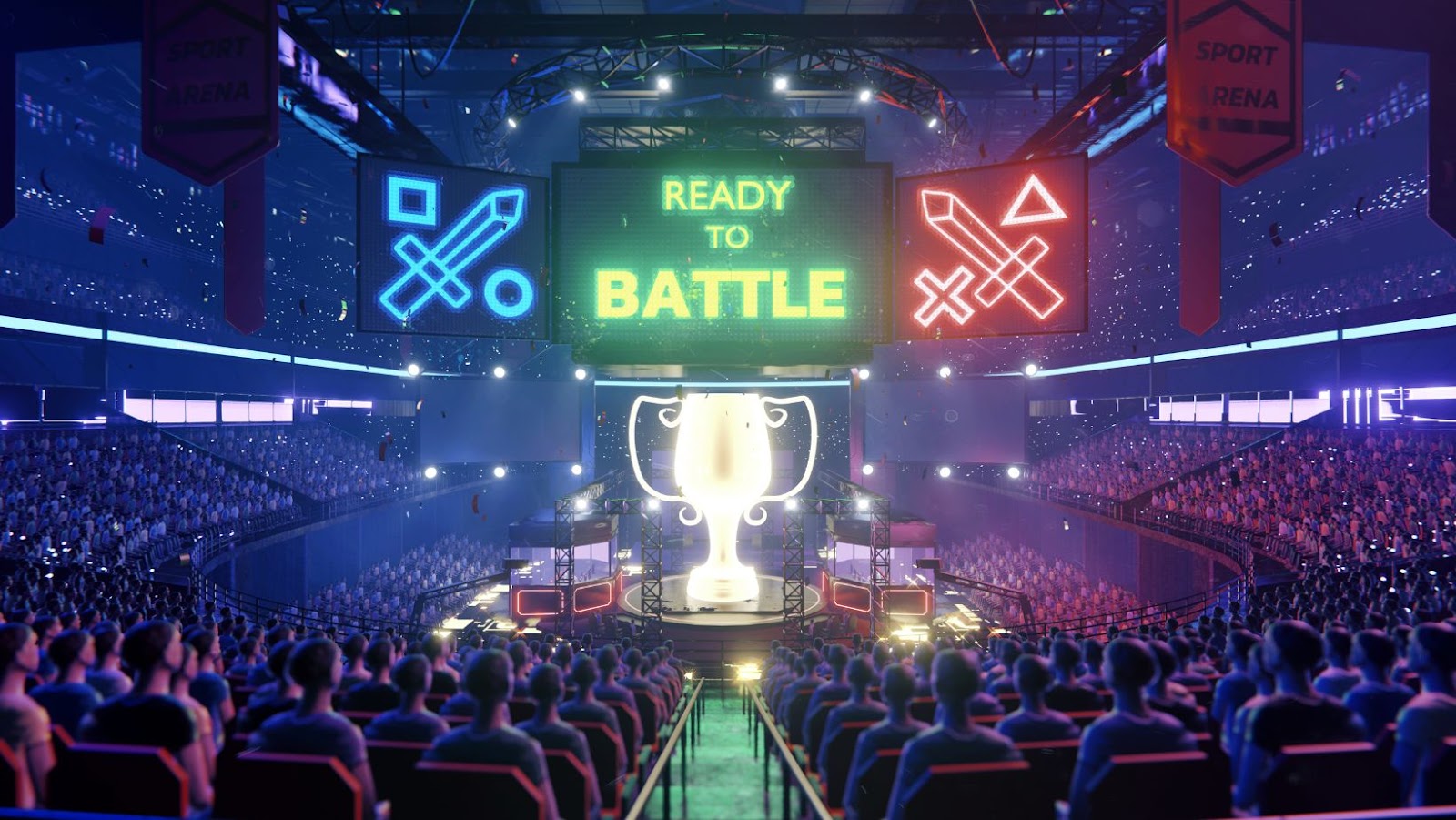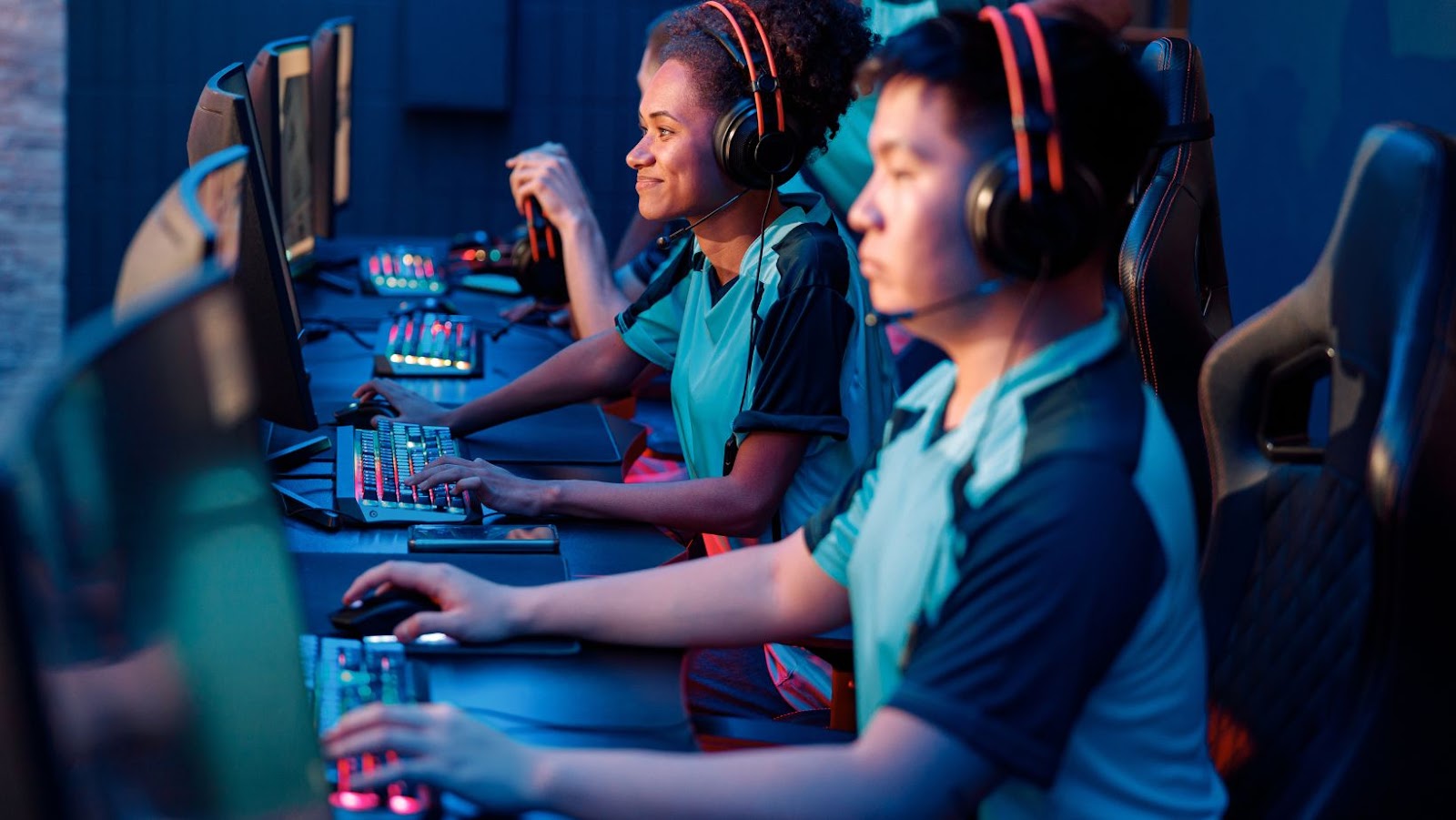Esports entertainment has grown exponentially, capturing the attention of diverse audiences worldwide. Major tournaments like The International and League of Legends World Championship attract millions of viewers each year, with 2022’s League of Legends event drawing over 100 million unique viewers. This surge in popularity reflects a shift in media consumption as digital platforms like Twitch and YouTube Gaming dominate the landscape. Professional esports players emerge as celebrities, gaining substantial followings on social media and streaming services. For example, well-known figures like Tyler “Ninja” Blevins and Lee “Faker” Sang-hyeok command respect and influence, impacting both competitive and casual gaming communities.
Corporations and organizations increasingly invest in esports, recognizing its potential for high engagement and return on investment. Companies like Coca-Cola, Intel, and Red Bull sponsor events to reach new demographics. Additionally, traditional sports franchises, such as the Philadelphia 76ers and Manchester City, embrace esports by acquiring teams and forming partnerships. Esports also fosters global connection, breaking cultural and geographical barriers. Online communities thrive, allowing fans from different backgrounds to engage and collaborate. This rise in social interaction strengthens the industry, making it a significant pillar in modern entertainment.
Legislation and governance ensure fair play and integrity in esports competitions. Associations like the Esports Integrity Commission (ESIC) and local governing bodies establish regulations and frameworks, promoting a sustainable and credible ecosystem. Therefore, an organized structure positions esports as a legitimate sector within broader entertainment fields.
 Key Elements of Esports Entertainment
Key Elements of Esports Entertainment
Esports entertainment is characterized by several key elements that drive its growth and popularity. These elements form the foundation that supports the industry’s rapid expansion and influence. Competitive gaming remains at the heart of esports entertainment. Players from around the world participate in highly strategic and skill-based matches. Games like “Counter-Strike: Global Offensive” and “Dota 2” are prime examples, known for their intense competition and skilled participants. These tournaments not only offer substantial prize pools but also attract millions of viewers globally. Professional teams invest in coaching and analytics to optimize performance, highlighting esports’ similarity to traditional sports in terms of team dynamics and strategies.
Live streaming platforms like Twitch and YouTube Gaming are pivotal in esports entertainment. They provide fans instant access to live events, player streams, and commentary. High-quality broadcasts enhance viewer experience with professional production values and engaging commentary. Major events like the League of Legends World Championship leverage these platforms for maximum reach. Streaming technology’s advancement ensures real-time interaction between fans and streamers, further blurring the lines between spectators and active participants.
Community engagement sets esports apart from other entertainment forms. Online platforms allow fans and players to interact and build communities around shared interests. Social media channels, forums, and Discord servers are common spaces for discussions, fostering global fanbases. Esports events often include meet-and-greet sessions, fan competitions, and online forums, enhancing the communal experience. Corporations and sponsors engage directly with these communities to foster loyalty and brand alignment, reinforcing esports’ role within cultural and social dynamics.
 Popular Esports Games
Popular Esports Games
Esports titles captivate millions, with diverse genres attracting different fan bases. Competitive scenes in these games offer thrilling matches and substantial viewership. Multiplayer Online Battle Arenas (MOBAs) dominate esports with popular titles like “League of Legends” and “Dota 2.” These games feature complex gameplay involving team strategies and hero selection. “League of Legends” boasts events like the World Championship, attracting millions of viewers and featuring substantial prize pools. “Dota 2” hosts The International, renowned for record-breaking prize funds supported by crowd-sourced contributions. Both games foster active communities, with professional teams and strategic depth enhancing their global appeal.
First-Person Shooters (FPS) rank high in esports popularity, with games like “Counter-Strike: Global Offensive” and “Call of Duty” leading the charge. “Counter-Strike: Global Offensive” emphasizes team coordination, tactical gameplay, and skill, showcased in tournaments like ESL Pro League and Intel Extreme Masters. “Call of Duty” features fast-paced action and immersive experiences, drawing significant audiences at events like the Call of Duty League. These FPS games benefit from regular updates and highly competitive environments, contributing to their prominent positions in the esports landscape.